Welcome to a world of unrelenting censorship, where banning books is the business of cancelling culture

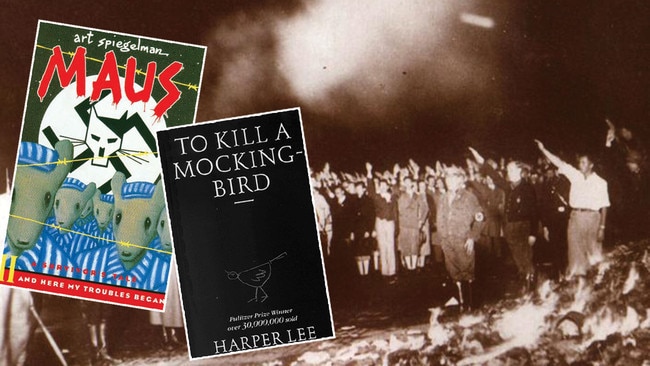
It is proof, if further proof is required that the Left has become as censorious as the Right always has been.
What we now have is a bipartisan approach to the process of banning things we don’t like. The only difference is in the determination of what is regarded as objectionable. The only certain outcome is joylessness and ignorance.
A group of high school teachers in Mukilteo School District, half an hour’s drive north of Seattle, argued the 1961 winner of the Pulitzer Prize for Literature be removed from study because it “celebrated white saviourhood.”
The school district board handed down its decision with more than a touch of nit-pickery. To Kill a Mockingbird is not banned from school libraries, they say, but it will now no longer feature for study in the district’s schools at Year Nine level with 13- and 14-year-old students deemed too stupid to understand historical context and incapable of critical thinking.
Then they came for the Holocaust
In the same week, a school board in Tennessee banned another Pulitzer Prize winner, Maus, from being taught in the McMinn County that lies between Chattanooga and Knoxville.
The graphic novel by Art Spiegelman, chronicles how the author’s parents survived the Holocaust at Auschwitz through depictions of animals — with the Holocaust victims as mice, and Nazis as cats.
On this occasion, the book was banned because Maus depicted the Holocaust as violent.
One board member said, “Being in the schools, educators and stuff we don’t need to enable or somewhat promote this stuff. It shows people hanging, it shows them killing kids, why does the educational system promote this kind of stuff, it is not wise or healthy.”
That’s a lot of stuff, right there.
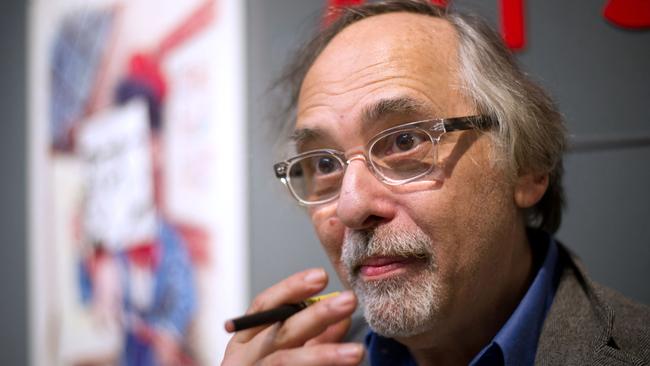
The 73-year-old Spiegelman, a cartoonist, editor and advocate of comic books, was shocked by the decision.
“It’s leaving me with my jaw open, like, ‘What?’” said Spiegelman. “I’ve met so many young people who have spoken to me and written to me saying they have learned things from my book.”
The US Holocaust Museum also denounced the school board decision.
1/ Maus has played a vital role in educating about the Holocaust through sharing detailed and personal experiences of victims and survivors. On the eve of International #HolocaustRemembranceDay, it is more important than ever for students to learn this history.
— US Holocaust Museum (@HolocaustMuseum) January 27, 2022
At the political extremes, books are burned. The Soviets did it, hurling books on pyres that questioned Marxism or promoted bourgeois ideals, notions of political freedom or criticism of the regime, like Solzhenitsyn’s Gulag Archipelago.
‘Where they burn books …’
The Nazis made a day of it in what became an ominous portent of things to come, when university students gathered on May 10, 1933, to burn thousands of books deemed “un-
German”, urged on by Joseph Goebbels. Put to the flame were the plays of unabashed socialist, Bertolt Brecht, the novels of Hemingway, Erich Maria Remarque’s All Quiet on the Western Front, and works by Jewish authors including that of the 19th Century German poet, Heidrich Heine who wrote the prophetic line in his play, Amansor, “Where they burn books, they will also ultimately burn people.”
For more than a century, banning books in Australia was a conservative mainstay. There is a long and shameful list of books deemed by conservative governments to be regarded as too dangerous, too profane, too lurid for Australian minds.
Aldous Huxley’s Brave New World was banned in Australia between 1932 and 1937. D.H. Lawrence’s Lady Chatterley’s Lover could not be sold in the country from the time of its publication in 1928 (it was formally banned in 1929) until 1965. Boccaccio’s 14th Century erotic tales of love and tragedy in the days of the Black Death, The Decameron, was banned between 1927 and 1936.
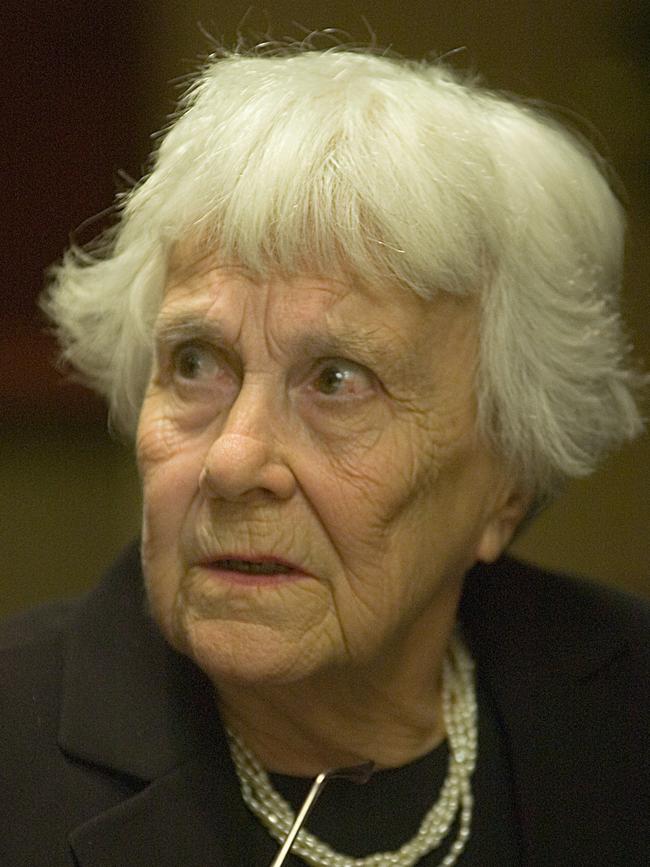
Even Jackie Collins’s pot boilers of bed-hopping British elites, The World is Full of Married Men, and The Stud were regarded as too obscene for sensitive Australian eyes and placed on the banned list in 1968 and 1969 respectively.
In 1970, my mother obtained a copy of Portnoy’s Complaint, and then wished she hadn’t. The book had been banned in Australia in 1969 but she acquired an illicit copy from a friend in New Zealand. Phillip Roth’s comedy monologue where the character, Alexander Portnoy, a lust-ridden, mother-addicted young Jewish bachelor, confesses his darkest secrets including detailed accounts of prodigious acts of masturbation to his psychoanalyst, was met with horror by my mother.
The paperback copy was quickly shelved in shame in one of the deeper recesses of the bookcases at home where I came across it at 12 years of age. At 12 and for many years thereafter, I was flipping through copies of National Lampoon and reading their great comic writers – Doug Kenney, Henry Beard, Gerry Sussman, P.J. O’Rourke to name but a few. It is fair to say that much of what was written and gleefully published in that magazine then would be regarded as anathema by both sides of the ideological spectrum now.
I read Portnoy’s Complaint cover to cover in the space of a day, often laughing out loud. Did I become a shrieking sex addict or dripping with lust and self-loathing?
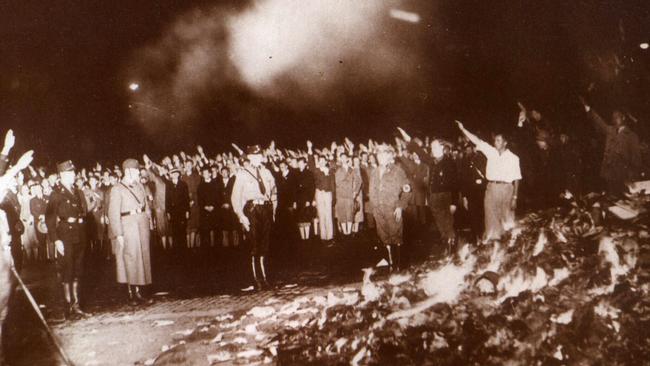
Well, the jury’s out to be honest, but I can happily say the book did me no great harm and provided a solid grounding in satirical humour.
I mention this only because Roth, one of the 20th Century’s great novelists, felt the wrath of the censorial Right in the 1970s and then before his death, the cold shoulder from the Left when his second wife, the actress Claire Bloom, me-too’d him in a fashion, describing her husband as a psychic tormentor and controlling misogynist in her memoir.
Cancel culture
We hear too much about cancel culture. Too often it becomes a whinge from the Right that draws even more tedious whataboutery from the Left.
There is no doubt that the Left has become more censorious since the publication of Portnoy’s Complaint (the ban was lifted in the Whitlam Years) but if we fixate on a linear description of political affiliation as the culprits, we are missing the point.
Banning books is not cancel culture. It is the business of cancelling culture. Often it leads to an ahistorical ignorance, a wiping of history to cleanse if from the realities of humanity at its best and worst. It presumes, too, that readers, be they children or adults are incapable of understanding context or engaging in critical thinking and instead only fall prey to dark influences in almost Pavlovian fashion.
The reality now is that censoriousness is now unrelenting, and it can come from every direction.

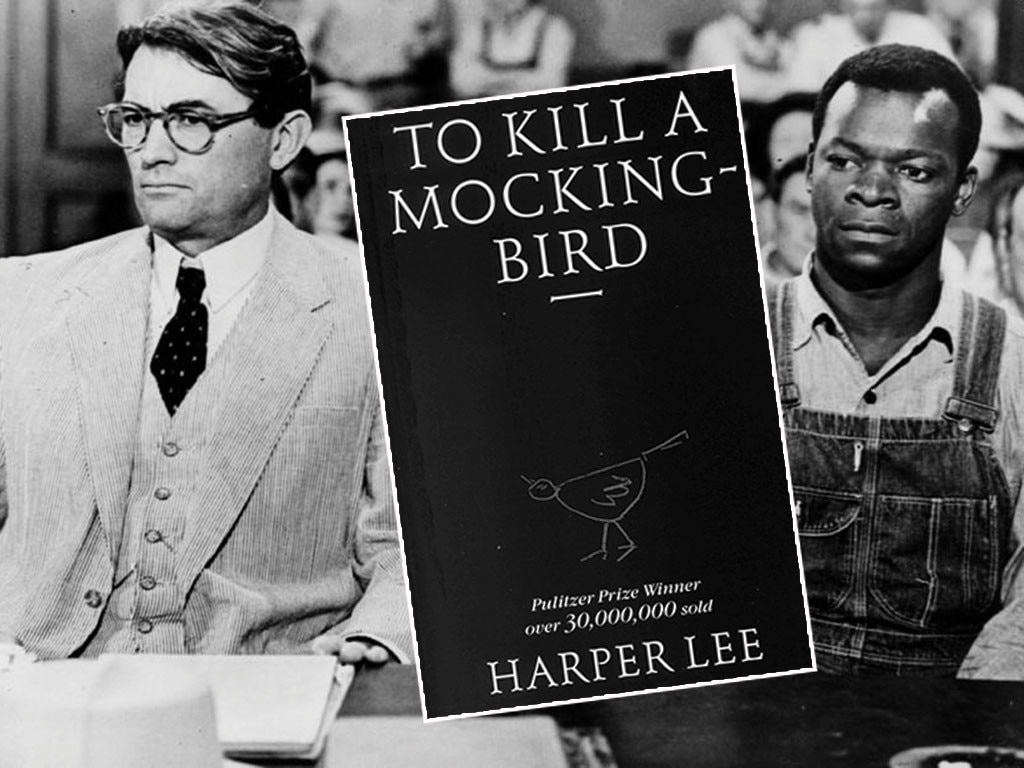
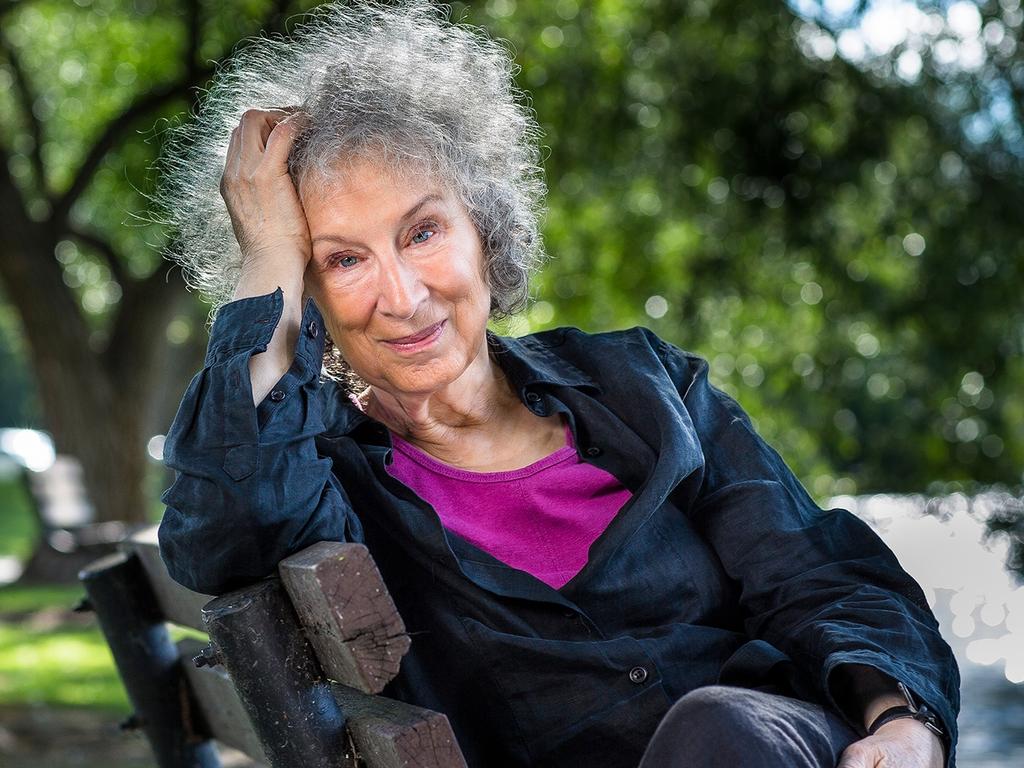




By now, we all must have read that a school board in Washington State has banned Harper Lee’s tale of rape and racial inequality in America’s south, To Kill a Mockingbird.